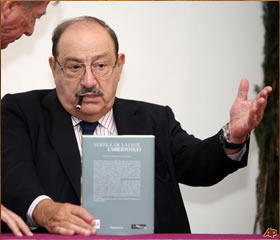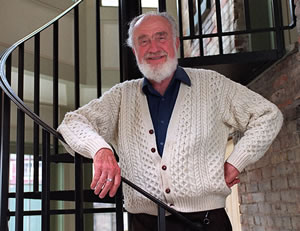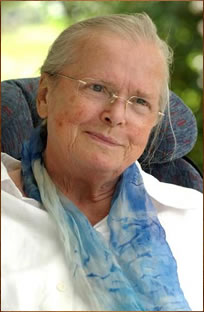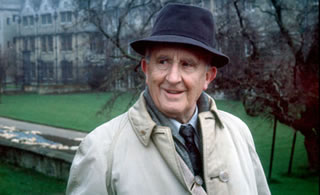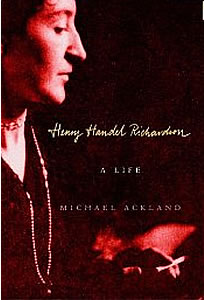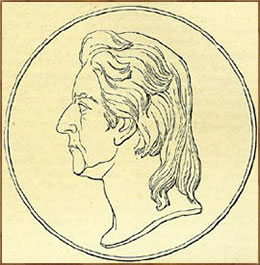Bij het feest van Driekoningen
 <
<
Star of Bethlehem, David Burne-Jones, 1890
Journey Of The Magi
‘A cold coming we had of it,
Just the worst time of the year
For a journey, and such a journey:
The ways deep and the weather sharp,
The very dead of winter.’
And the camels galled, sore-footed,
refractory,
Lying down in the melting snow.
There were times we regretted
The summer palaces on slopes, the
terraces,
And the silken girls bringing sherbet.
Then the camel men cursing and
grumbling
And running away, and wanting their
liquor and women,
And the night-fires going out, and the
lack of shelters,
And the cities hostile and the towns
unfriendly
And the villages dirty and charging high
prices:
A hard time we had of it.
At the end we preferred to travel all
night,
Sleeping in snatches,
With the voices singing in our ears,
saying
That this was all folly.
Then at dawn we came down to a
temperate valley,
Wet, below the snow line, smelling of
vegetation;
With a running stream and a water-mill
beating the darkness,
And three trees on the low sky,
And an old white horse galloped in
away in the meadow.
Then we came to a tavern with
vine-leaves over the lintel,
Six hands at an open door dicing for
pieces of silver,
And feet kicking the empty wine-skins.
But there was no imformation, and so
we continued
And arrived at evening, not a moment
too soon
Finding the place; it was (you may say)
satisfactory.
All this was a long time ago, I
remember,
And I would do it again, but set down
This set down
This: were we led all that way for
Birth or Death? There was a Birth,
certainly,
We had evidence and no doubt. I had
seen birth and death,
But had thought they were different;
this Birth was
Hard and bitter agony for us, like
Death, our death.
We returned to our places, these
Kingdoms,
But no longer at ease here, in the old
dispensation,
With an alien people clutching their
gods.
I should be glad of another death.
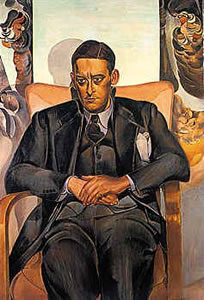
T. S. Eliot (26 september 1888 – 4 januari 1965)
Portret door Wyndham Lewis, 1938
Zie voor de schrijvers van de 6e januari ook mijn volgende blog van vandaag.

